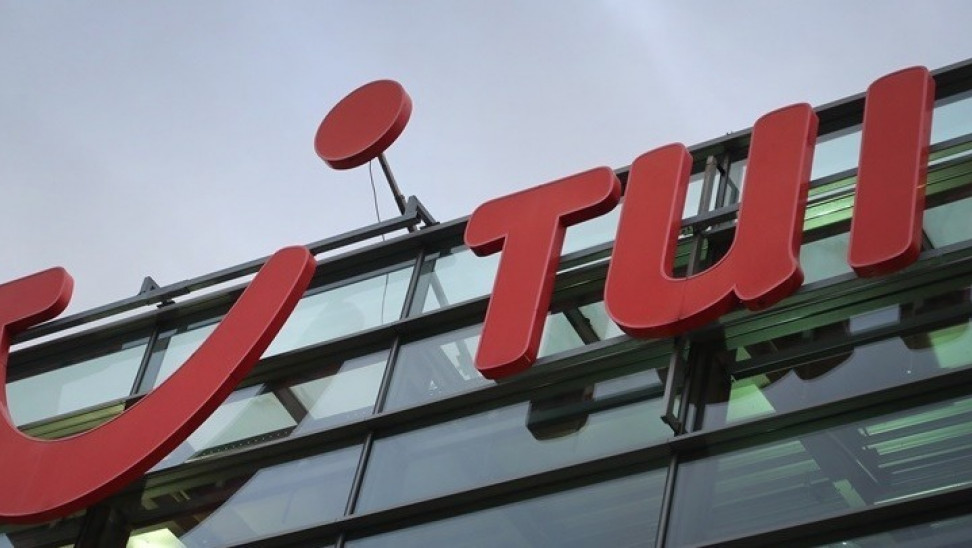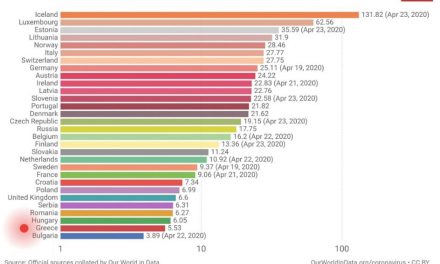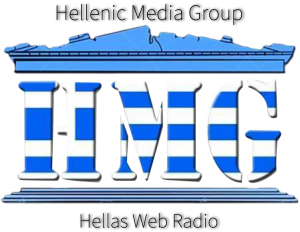Greek operators say they are being ‘punished’ for extending credit terms in a year they cannot afford to
Tui, Europe’s largest tour operator, is in a bitter stand-off with Greek hoteliers over a delay to its payment schedule that puts hundreds of businesses at risk of closure. The package holiday provider issued a series of contract amendments this month, seen by the Financial Times, that require hotel owners to wait until March 2021 for three-quarters of the money due to them for stays made this year. The payments, usually made 60 days after departure dates, amount to several hundred thousand euros for many hotels — funds that are crucial to see them through the quiet winter season. Two hoteliers said that they are owed more than €600,000 each by Tui and would have to secure bank loans in order to survive if the company did not pay the full amount due this month. A Greek islands operator owed €70,000 said that he was considering ending his contract with Tui. “It seems we are being punished by Tui for extending credit terms in a year which we genuinely couldn’t afford to,” he said, adding that while other tour operators had helped hotels through special offers, Tui’s attempt to defer payments showed a “cold corporate side”. Nektarios Santorinios, an MP from Rhodes, one of Greece’s most popular tourist islands, said that the delay had been a “bombshell” for hotels: “They took a big risk opening this year given the pandemic and many have racked up losses. It’ll be a struggle to survive for many three- and four-star operations.” Mr Santorinios and another 34 lawmakers from the leftwing Syriza party wrote to the Greek parliament last week, urging the government to press Tui, which is the biggest tour operator serving Greece, to reverse its decision and pay up. They also want the government to raise the ceiling for emergency short-term loans to hoteliers from €800,000 to €3m. Haris Theocharis, the tourism minister, said the government was “monitoring the situation closely” and that it hoped to secure additional EU support for the country’s tourist industry, which accounts for about 18 per cent of its gross domestic product. Coronavirus-related losses in tourism this year are forecast to reach at least €12bn-€14bn, according to the Greek central bank Tui said that it had “made a significant amount of advance payments to hoteliers for summer 2020, a large percentage of which remains outstanding” and that it had contacted “a small percentage” of hoteliers in Spain and Greece, two of its biggest markets, “to discuss payment plans and jointly review options”. Tui works with 1,400 hotels in Spain and more than 2,000 in Greece. Greek hoteliers are owed more money by the company as the country was deemed safe for travel by the UK government for a longer period. The Anglo-German company has been forced into a precarious position by the pandemic, which has prompted both a steep drop in bookings and a surge in refunds amid international travel restrictions. During the early part of the pandemic, Tui was paying out around €500m a month in cash and travel credits to customers. Recommended AnalysisCoronavirus pandemic Europe grapples with what went wrong in Covid-19 resurgence It is looking to secure up to €1.8bn from the German government, according to Reuters this week, on top of more than €2bn it has already received in state-backed loans. It is also considering an equity increase or disposals to raise extra cash. Barclays analysts estimate that Tui has burnt through €3bn in the past eight months. Many hoteliers are still suffering from the loss of revenue after Thomas Cook, the UK company credited with inventing the package holiday, collapsed last year. The owner of a five-star resort in Rhodes said he feared what the delayed payments meant for Tui. “The biggest risk is another Thomas Cook case . . . but it is not unlikely any more. When Thomas Cook happened no one believed it could happen but now we know there’s a risk.




















